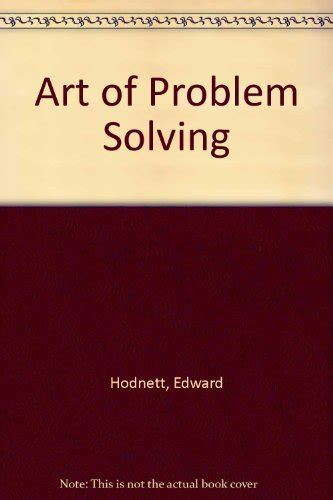Ein Zitat von Kip Thorne
Die richtige Antwort ist selten so wichtig wie die richtige Frage.
Themen zitieren
Verwandte Zitate
Der wahre Test der Freiheit ist das Recht, sie zu testen, das Recht, sie in Frage zu stellen, das Recht, mit meinen Nachbarn zu sprechen, sie an den Schultern zu packen, ihnen in die Augen zu schauen und zu fragen: „Sind wir frei?“ Ich dachte, wenn wir frei sind, kann uns die Antwort nicht schaden. Und wenn wir nicht frei sind, müssen wir dann nicht die Antwort hören?
Weisheit ist die Fähigkeit, zwischen den Zeilen zu lesen und auf Botschaften zu achten, die uns das Universum gibt. Mir wurde beigebracht, dass das wahres Wissen ist und dass es völlig anders ist als die Art und Weise, wie wir zum Lernen programmiert sind. Wir sind darin geschult, mit der richtigen Frage die richtige Antwort zu geben. Wir müssen die Antwort nicht wirklich wissen.
Die Frage ist nicht, ob es schreckliche Fälle gibt, in denen die Strafe „richtig“ erscheint. Die eigentliche Frage ist, ob wir jemals ein Kapitalsystem entwerfen werden, das nur die „richtigen“ Fälle erreicht, ohne die falschen Fälle, Fälle der Unschuld oder Fälle, in denen der Tod keine angemessene Strafe darstellt, einzuschleppen. Langsam, sogar widerstrebend, wurde mir klar, dass die Antwort auf diese Frage Nein lautet – wir werden es nie richtig hinbekommen.



































